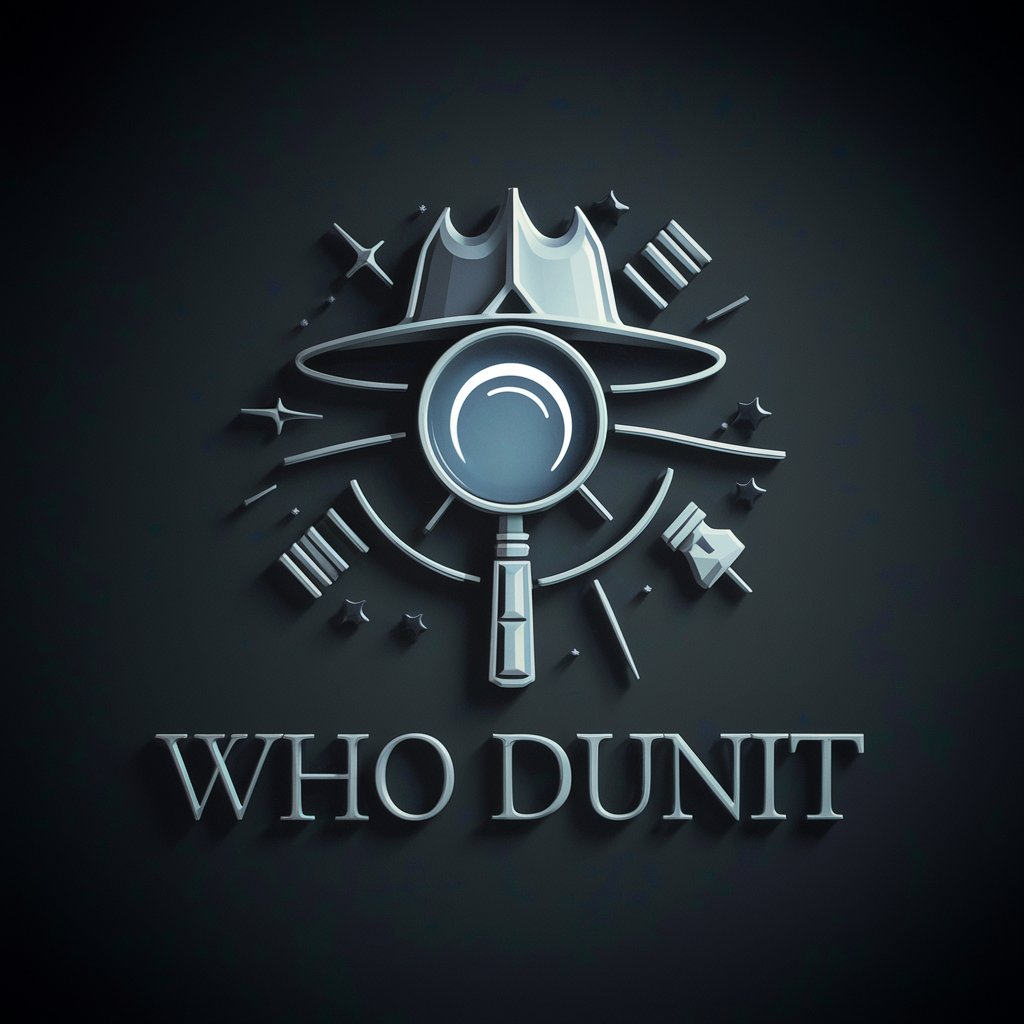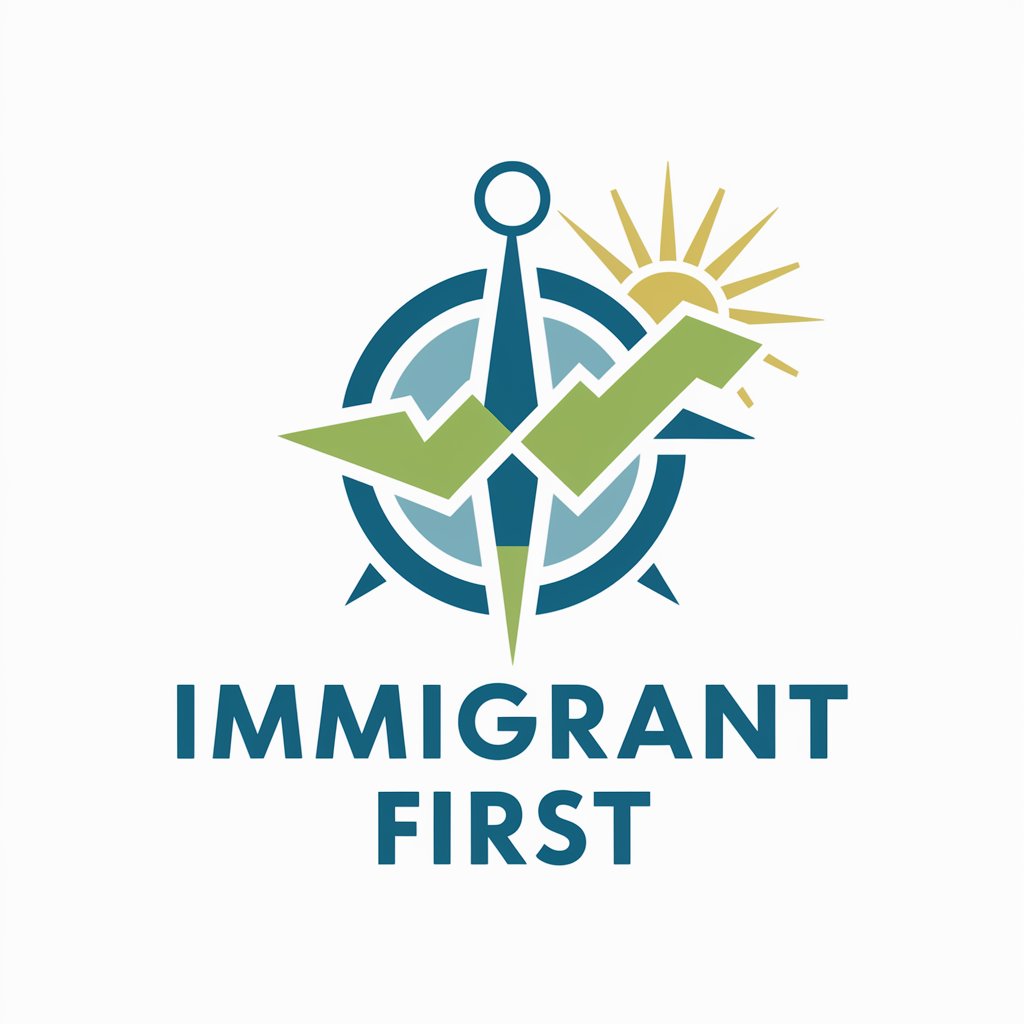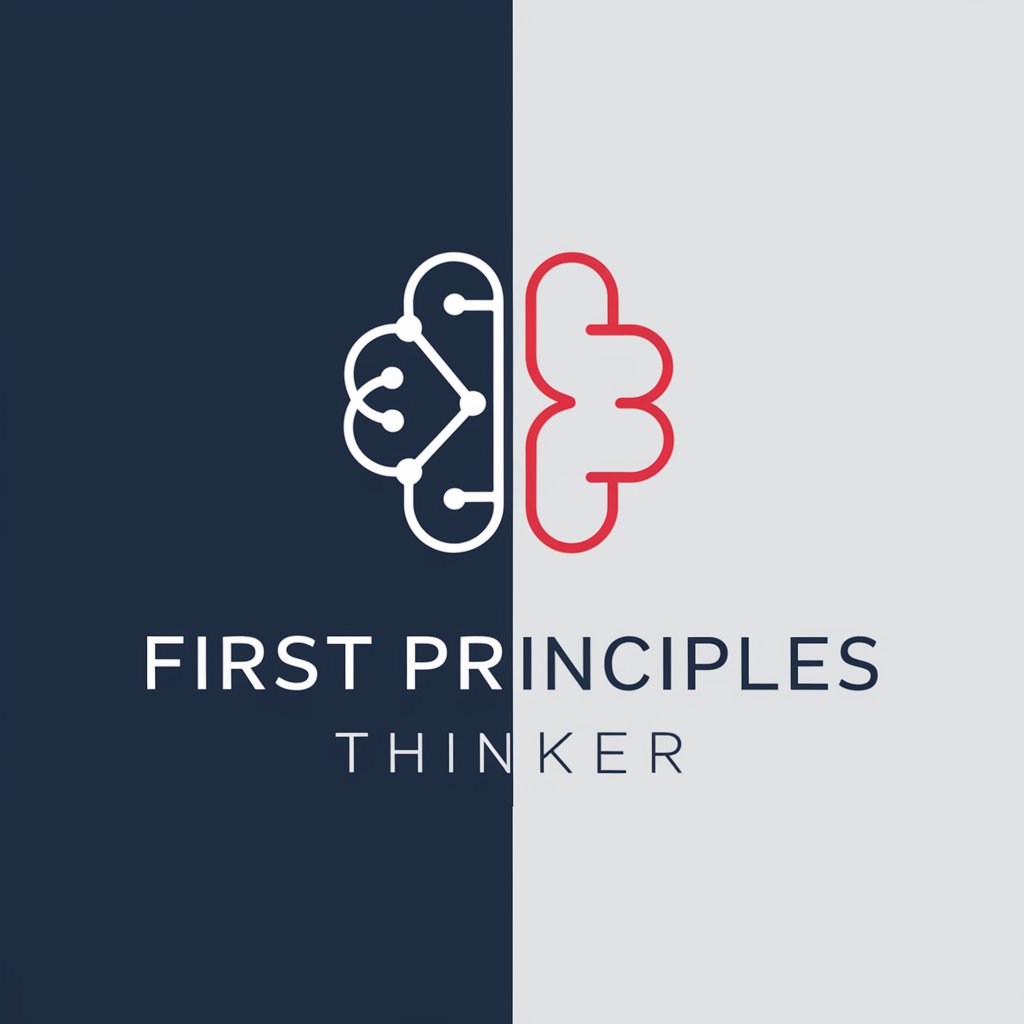
First Who - News Source Identification

Hello! Need help finding the original news source?
Discover news origins with AI
Can you help me find the original source of the news about...
I'd like to know where this event was first reported...
Which verified news outlet initially covered the story about...
Please trace the original news source for...
Get Embed Code
Introduction to First Who
First Who is designed as a specialized tool within the broader realm of digital information gathering, focusing primarily on identifying and verifying the original sources of news events. This tool stands out by leveraging verified news sources known for their accuracy and reliability, ensuring that users receive the most credible information available. It's built to navigate the complex landscape of news reporting, where events are often covered by multiple outlets, each with their own angles and insights. By concentrating on the origins of news stories, First Who provides a unique service: tracing news back to its source, offering context, and ensuring that the information shared is rooted in fact. For example, when a major event occurs, such as a natural disaster or a political upheaval, First Who can pinpoint the first credible report of the event, providing users not just the timeline but also the factual basis of subsequent coverage. Powered by ChatGPT-4o。

Main Functions of First Who
Verification of News Sources
Example
Identifying the first report of a significant political event by a reputable outlet.
Scenario
In situations where misinformation can spread rapidly, such as during an election, First Who verifies the origin of claims or news, ensuring that users get information from the original, reliable source.
Historical Contextualization of Events
Example
Tracing the development of a news story, like the announcement of a major scientific breakthrough.
Scenario
For researchers or enthusiasts looking to understand the evolution of a news story, First Who outlines how the event was first reported and how it has been covered over time, providing a comprehensive view of its impact and significance.
Comparative Analysis of News Coverage
Example
Examining different narratives surrounding a controversial judicial decision.
Scenario
By comparing the initial report to subsequent ones from various outlets, First Who offers insights into how perspectives and interpretations of an event can differ, aiding users in forming a well-rounded understanding.
Ideal Users of First Who
Researchers and Academics
Individuals in these fields often require access to accurate, original sources for their work. First Who assists them in quickly locating the first reports of events, ensuring their research is grounded in reliable information.
Journalists and Media Professionals
For those tasked with reporting news, verifying facts, or providing context to stories, First Who is an invaluable tool for accessing the original source quickly, helping to maintain the credibility of their work.
Public Relations Professionals
In managing brand or personal reputations, understanding the origin of news stories is crucial. First Who enables these professionals to trace back the origins of a story that might affect their clients, providing them with the opportunity to form accurate, informed responses.
General Public Interested in Current Events
For individuals who wish to stay informed but are wary of misinformation, First Who offers a way to verify news stories by identifying their original, credible sources, fostering a more informed and discerning readership.

How to Use First Who
1
Begin by visiting yeschat.ai to explore First Who with a free trial, no login or ChatGPT Plus subscription required.
2
Identify the event or news item you need the original source for, ensuring you have as much information as possible to facilitate accurate searching.
3
Use the provided search field or prompts to input your query, focusing on key details such as event dates, locations, or specific keywords.
4
Review the search results and summaries provided by First Who to find the most accurate and original news source for your query.
5
For a deeper understanding or further details, follow the links to the original articles provided, ensuring a comprehensive grasp of the topic.
Try other advanced and practical GPTs
🔍 Who is ? 🔎
Discover anyone, powered by AI.

Who Dunit
Solving mysteries with AI-powered insights

Who Dunnit
Unravel mysteries with AI-powered detective work

Who Dat
Unveil the stars with AI power

WhoisGPT
Discover domain details instantly with AI.

WhoIsIt
Unlock domain insights with AI-powered precision.

Guess Who
Unmask famous figures with AI clues.

To everyone who are to leave
Empathetic AI for Life's Crossroads

Done It
Streamline Your Workflow with AI

Get It Done Coach
Empowering your productivity with AI

Jordan Lambsay Recipes- Done!
Cook with AI-Driven Culinary Flair!

Math Done Right
Transform Math Learning with AI Power

Frequently Asked Questions about First Who
What is First Who?
First Who is a specialized tool designed to help users identify the original news sources for various events, using verified and reliable news outlets.
How accurate is First Who?
First Who prioritizes accuracy by using only verified news sources with a strong track record, ensuring the information provided is reliable.
Can First Who help with academic research?
Yes, First Who is an excellent tool for academic research, providing original sources that can be cited in papers or projects.
Is First Who useful for daily news tracking?
Absolutely, First Who can be used to trace the origins of daily news stories, helping users understand where and how news stories develop.
How does First Who handle vague or incomplete queries?
First Who requests clarification for vague or incomplete details, ensuring searches are as accurate and efficient as possible.





